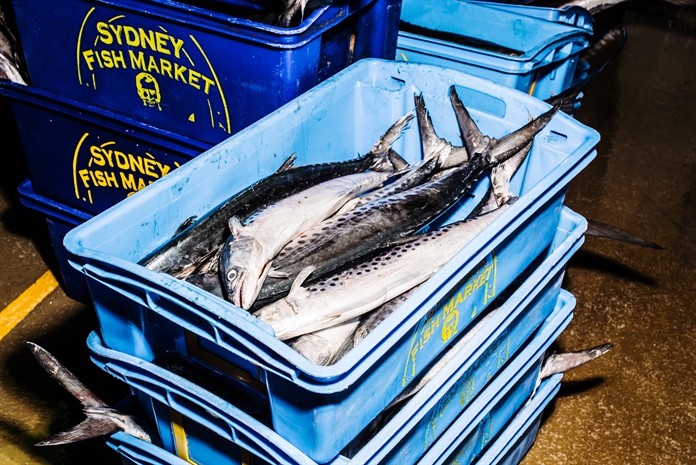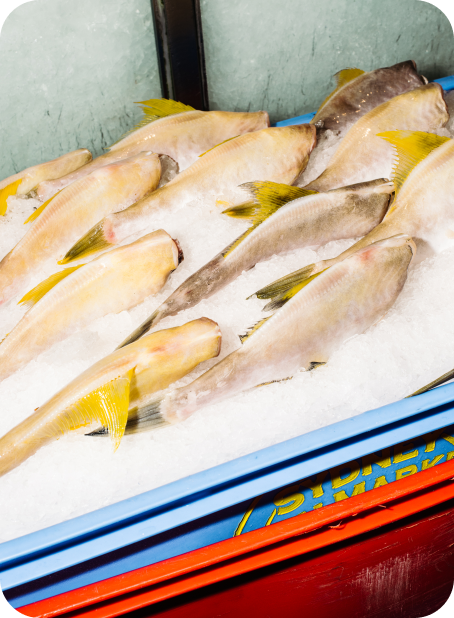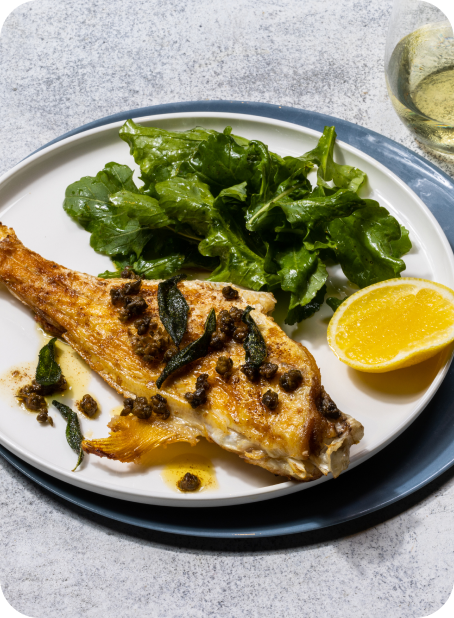

INGREDIENTS:
2 tablespoons extra virgin olive oil
2 tablespoons chardonnay vinegar
Salt flakes and freshly ground white pepper, to taste
2 golden shallots, very finely diced
Rock salt, for serving
12 freshly shucked Sydney rock oysters
Chervil sprigs, for garnishing
METHOD:
Whisk together oil, vinegar, salt and pepper and stir in shallot.

INGREDIENTS:
2 tablespoons extra virgin olive oil
2 tablespoons chardonnay vinegar
Salt flakes and freshly ground white pepper, to taste
2 golden shallots, very finely diced
Rock salt, for serving
12 freshly shucked Sydney rock oysters
Chervil sprigs, for garnishing
METHOD:
Whisk together oil, vinegar, salt and pepper and stir in shallot.

INGREDIENTS:
2 tablespoons extra virgin olive oil
2 tablespoons chardonnay vinegar
Salt flakes and freshly ground white pepper, to taste
2 golden shallots, very finely diced
Rock salt, for serving
12 freshly shucked Sydney rock oysters
Chervil sprigs, for garnishing
METHOD:
Whisk together oil, vinegar, salt and pepper and stir in shallot.

INGREDIENTS:
2 tablespoons extra virgin olive oil
2 tablespoons chardonnay vinegar
Salt flakes and freshly ground white pepper, to taste
2 golden shallots, very finely diced
Rock salt, for serving
12 freshly shucked Sydney rock oysters
Chervil sprigs, for garnishing
METHOD:
Whisk together oil, vinegar, salt and pepper and stir in shallot.

INGREDIENTS:
2 tablespoons extra virgin olive oil
2 tablespoons chardonnay vinegar
Salt flakes and freshly ground white pepper, to taste
2 golden shallots, very finely diced
Rock salt, for serving
12 freshly shucked Sydney rock oysters
Chervil sprigs, for garnishing
METHOD:
Whisk together oil, vinegar, salt and pepper and stir in shallot.

INGREDIENTS:
2 tablespoons extra virgin olive oil
2 tablespoons chardonnay vinegar
Salt flakes and freshly ground white pepper, to taste
2 golden shallots, very finely diced
Rock salt, for serving
12 freshly shucked Sydney rock oysters
Chervil sprigs, for garnishing
METHOD:
Whisk together oil, vinegar, salt and pepper and stir in shallot.
We're your home of seafood education. Sign up to our newsletter 'The Catch' for all the latest info, straight from the source.


